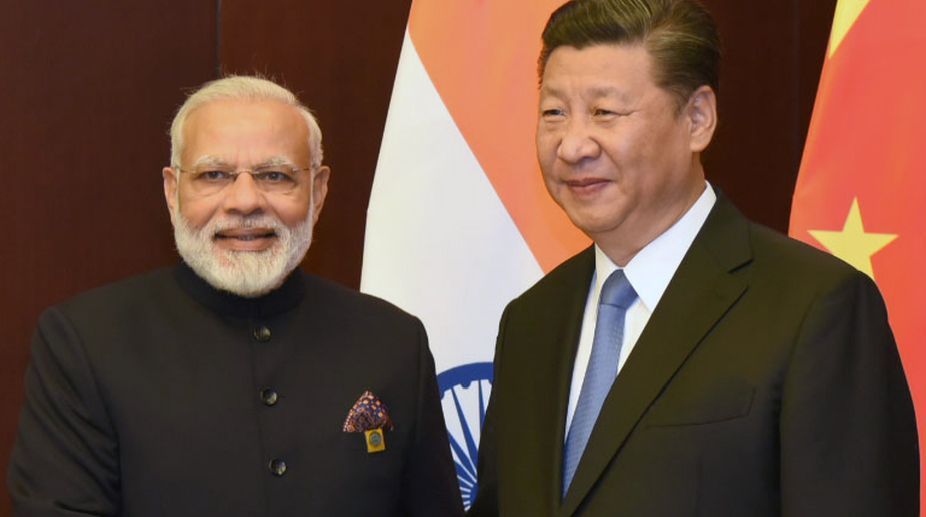Johannesburg, the city of gold in South Africa’s wealthiest Gauteng province, will hold the 15th BRICS Summit on August 22. The two-day summit will be attended by leaders from top emerging economies and member states – Brazil, Russia, India, China and South Africa. Prime Minister Narendra Modi will also attend the summit and leave for South Africa on Tuesday.
PM Modi is also expected to hold bilateral talks with Chinese President Xi Jinping on the sidelines of the BRICS Summit 2023. While there has not been any official confirmation from either side, China’s ambassador to South Africa Chen Xiaodong indicated direct talks between Modi and Jinping could be a possibility at the BRICS Summit.
Advertisement
Modi and Jinping have not held any bilateral meeting since the May 2020 border standoff except for a small exchange during the G20 Summit in Mali, Indonesia last year. If this meeting happens, it would be their first in the last three years.
And probably this was the idea of BRICS – bringing developing countries on a single stage, giving them a chance to resolve their bilateral issues through dialogue and grow together. When the first formal meeting of the grouping took place in 2009, it was just a BRIC – Brazil, Russia, India and China. South Africa joined in 2010 and it became BRICS.
The term BRIC or BRICS, was first coined by Goldman Sachs economist Jim O’Neill in 2001. He used the term in his paper to describe fast-growing economies and to make a case for changing the framework for global economic governance. The key objectives of the BRICS grouping were economic cooperation, development financing and strengthening political coordination on international issues among others.
Fifteen years after its first formal summit, the BRICS grouping now has four of the world’s top ten economies and a combined area of 15,346,100 sq meter. The estimated population of the BRICS grouping is more than 3.2 billion and around 27 per cent of the world’s total land surface. Given the rise of member countries over the last decade, BRICS has now consolidated into a force that can challenge the dominance of developed Western countries at the international level.









